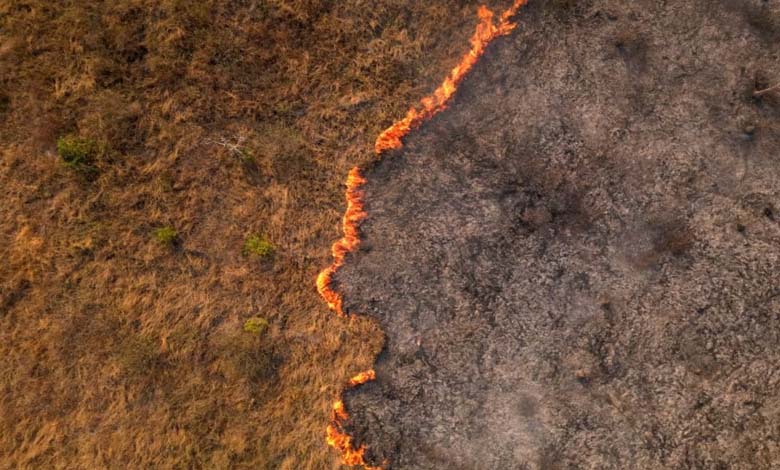The world “Not Ready” to face wildfires

As fires ravage various regions in North America and Europe with the onset of summer, the world is not prepared to face these increasingly fierce fires due to climate change, experts warn.
Images of burned areas this year are spreading following heatwaves recorded in Canada, the United States, Greece, and Turkey.
While new resources have recently been allocated to fight fires, this is not the case for technologies to anticipate such disasters, according to experts.
Stefan Doerr, director of the Fire Research Center at Swansea University in Wales, said: “We are still trying to catch up.”
Predicting the occurrence or intensity of a fire can be challenging due to multiple influencing factors, including weather. However, fires have become larger and more intense as a general rule, according to estimates from Doerr, who participated in a recent study on this topic.
The number and intensity of severe and destructive wildfires have doubled worldwide over the past twenty years due to climate warming caused by human activity, according to another study recently published in “Nature Ecology & Evolution”.
Stefan Doerr states: “Clearly, we are not well enough prepared to deal with this situation.”
Climate change is one of the main reasons for this problem, although other factors also play a role, such as land use and the location of homes.
Since fires know no borders, governments have begun to address them jointly, explains Jesus San Miguel, an expert at the Joint Research Center of the European Union.
-
How does climate change affect the acidity of the Southern Ocean?
-
Climate Change Accelerates… Are There Solutions?
Even non-EU Mediterranean countries have already benefited from firefighting equipment or financial aid, according to the expert. But this is no longer enough in the face of more severe fires.
Jesus San Miguel says: “We have received feedback from our colleagues in civil protection who said they can no longer fight fires, as the water evaporates before it reaches the ground. We need to work more on prevention.”
-
Climate change predictions… How algae help improve accuracy?
-
Affecting Billions of People: Study predicts the “Worst-Case Scenario” for Climate Change
Solutions
Rory Hadden from the University of Edinburgh says that controlled burns and the use of livestock or mechanical means to remove trees are effective ways to reduce triggers that can fuel fires.
There are other solutions to avoid initial fires and limit their spread, including banning campfires and using roads as firebreaks.












